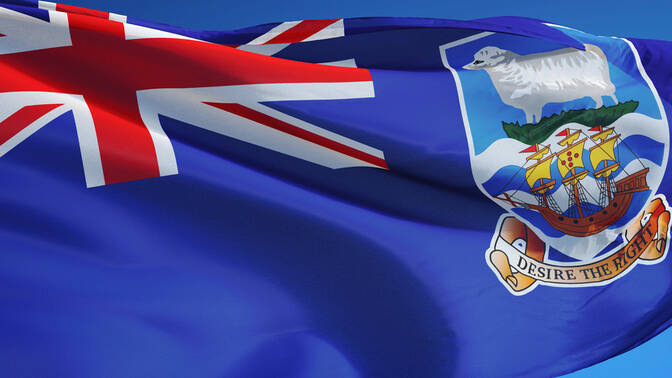Liberation Day
June 14, Sunday

Date of Observance
Liberation Day is observed annually on June 14. This date marks the official end of the conflict in 1982, when Argentine forces surrendered to British troops in the capital, Stanley.
Historical Background
The Falklands War began on April 2, 1982, when Argentina invaded the Falkland Islands, a British Overseas Territory. The United Kingdom launched a military task force to reclaim the islands. After several weeks of intense fighting, British forces successfully liberated the islands on June 14, 1982.
Significance of the Day
Liberation Day holds deep significance for the residents of the Falkland Islands. It represents:
- The end of a 74-day occupation by Argentine forces
- The restoration of peace and British administration
- A tribute to the British and Falkland Islands' forces who fought in the conflict
- A day to honor the lives lost during the war
Commemorative Events
The day is marked by various ceremonies and events, including:
- A memorial service at the Liberation Monument in Stanley
- Laying of wreaths to honor fallen soldiers
- Speeches by local officials and veterans
- Community gatherings and patriotic displays
Public Holiday Status
Liberation Day is an official public holiday in the Falkland Islands. Government offices, schools, and many businesses close for the day to allow residents to participate in commemorative activities.
Legacy
The holiday serves as a reminder of the resilience and determination of the Falkland Islanders. It also underscores the importance of self-determination and the right of the islanders to remain under British sovereignty, a principle reaffirmed in the years following the war.
